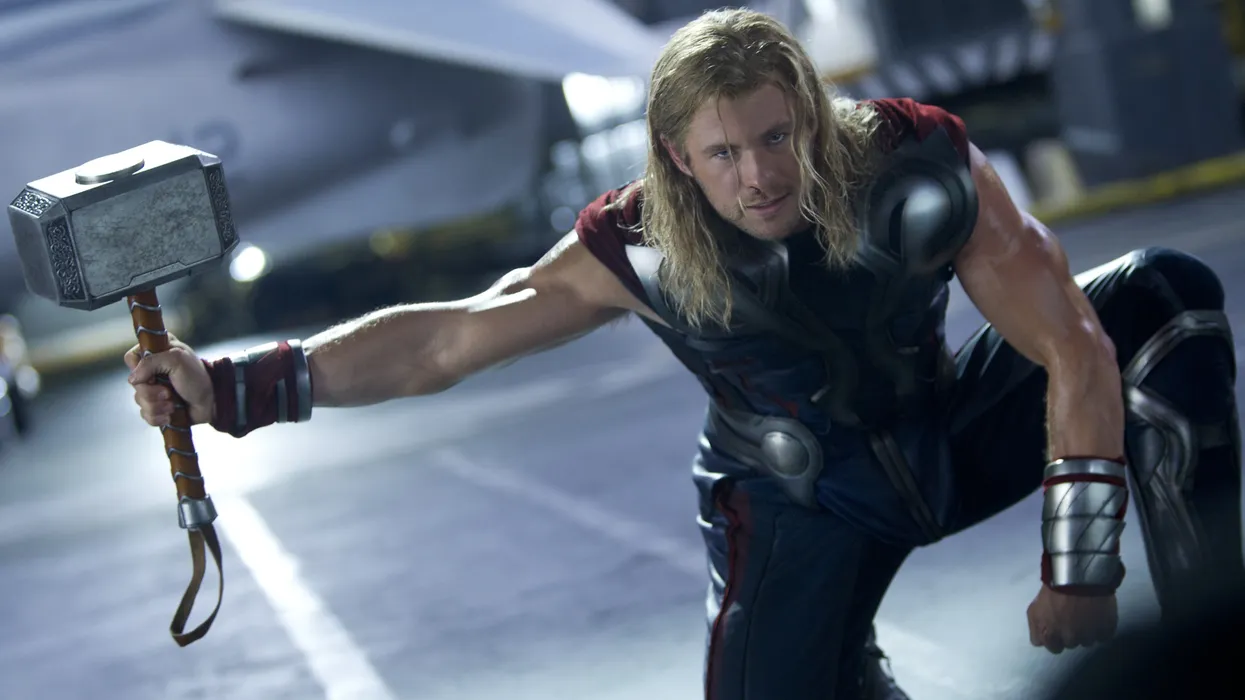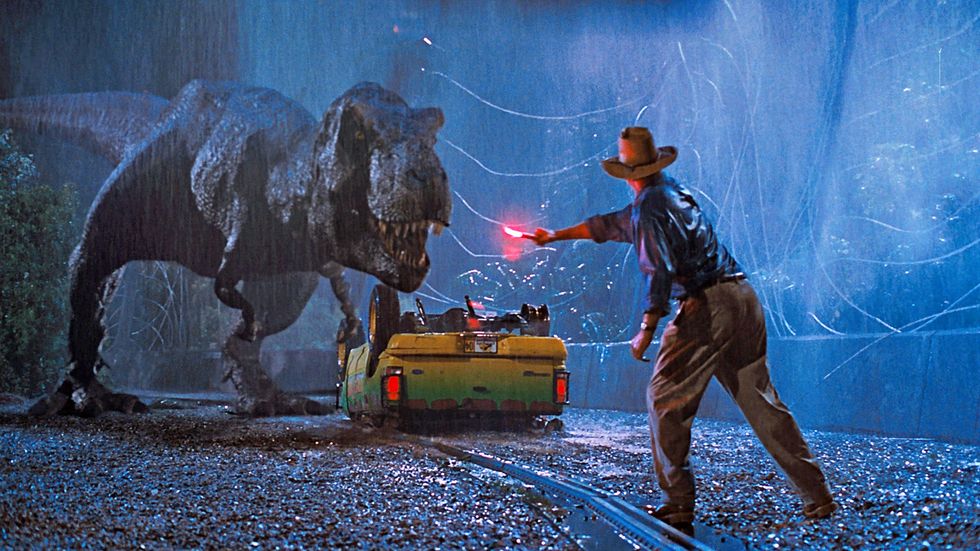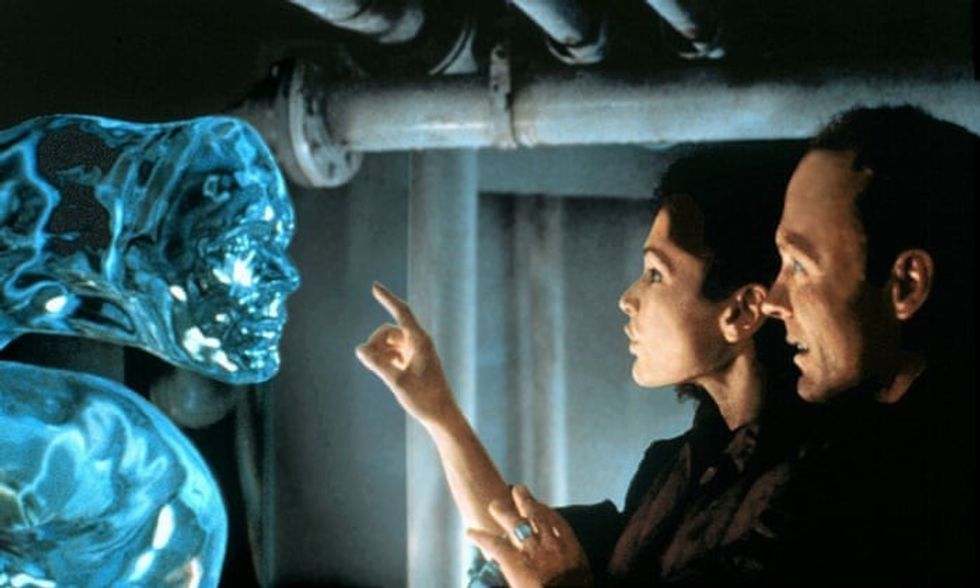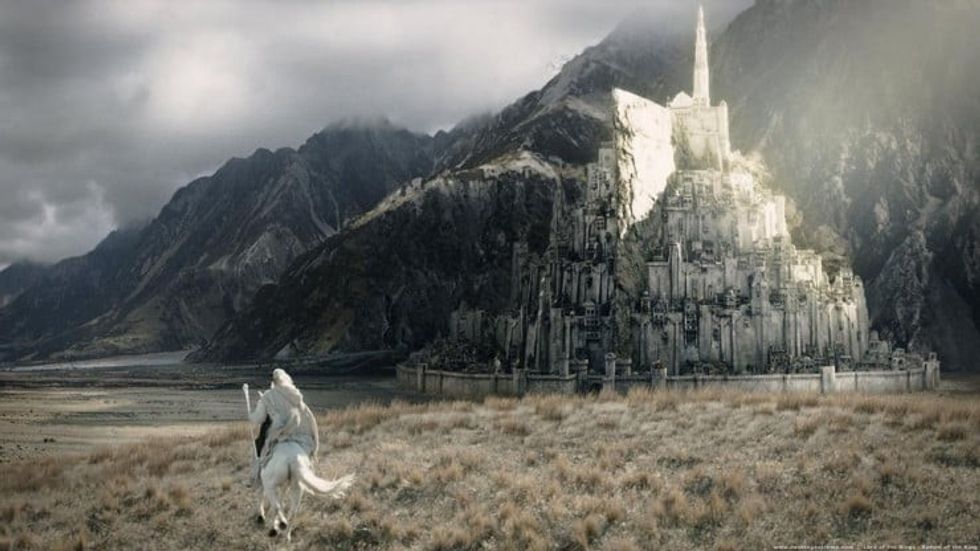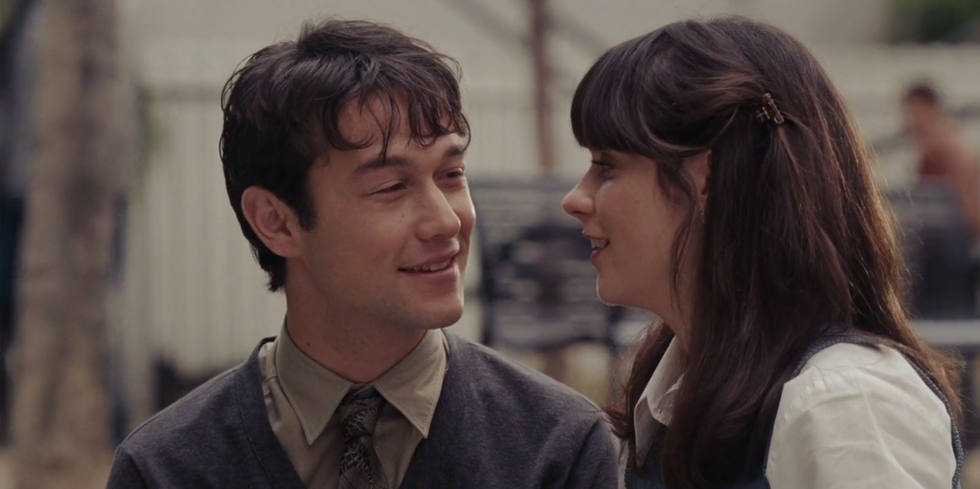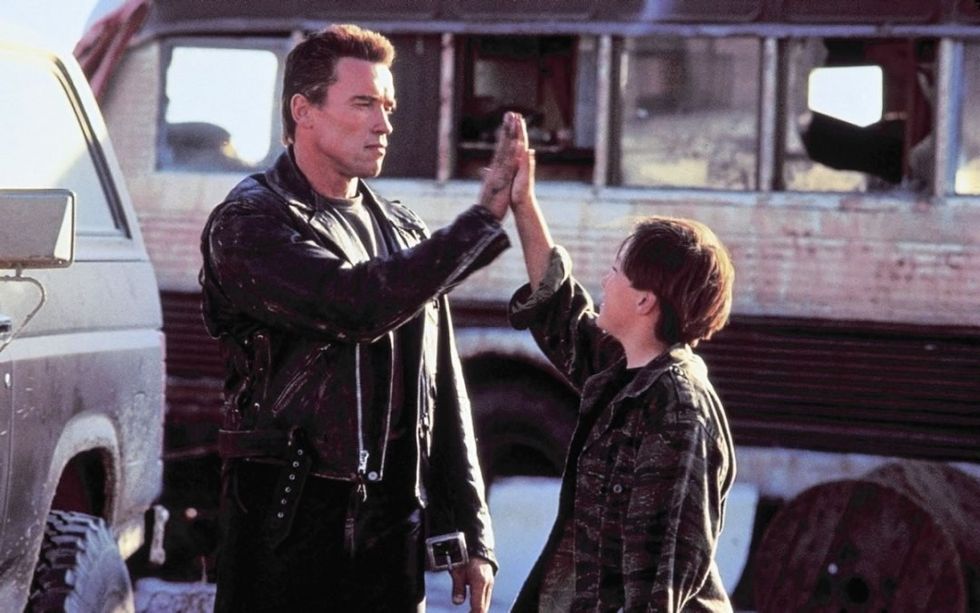The Pros and Cons of Making a Film with Your Smartphone
They're compact, easy to use, and capture beautiful images, but should you really use your smartphone to shoot your next project?
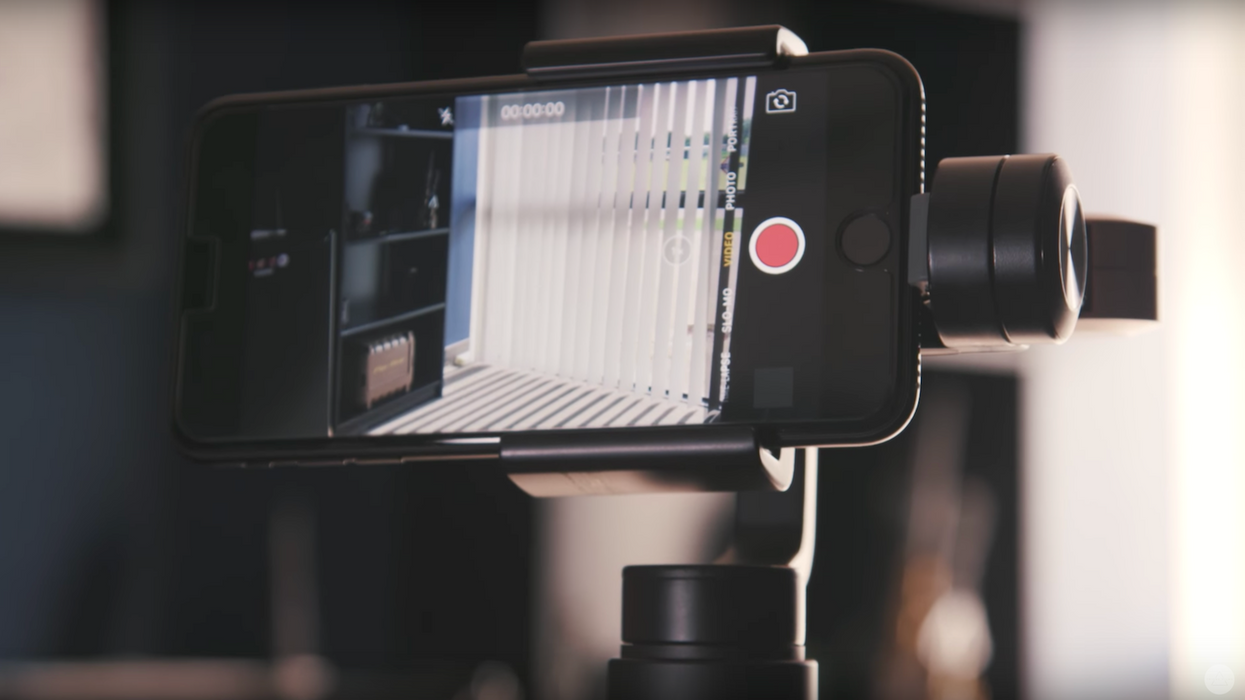
I'm a huge fan of smartphone filmmaking—mostly because I'm lazy and don't want to pack up all of my heavy film gear. But aside from it being easier, shooting a project with a smartphone is not as weird of a concept as it might've been a few years ago, especially as the cameras and technology get better, which means we can spend less time defending it and more time testing it to see if it's a viable option, and if so, for what kinds of filmmakers/projects.
In the video below, the Film Riot team talks about their experience using an iPhone to shoot a comedic sketch, including how they beefed up the device in order to give themselves more control and creative options.
I know I've already said this, but I feel like it needs to be said again—I'm glad we're getting to a place in the filmmaking community where we are more accepting of smartphone filmmaking. It cuts down on the time people spend questioning their camera choices, career choices, and even life choices, so they have more of it to spend shooting with the damn things to see if they're any good for the kinds of projects they want to shoot.
Now, there are many pros to using a smartphone to shoot a film/video project:
- They're compact/light
- They're portable
- They have decent image quality
- There are apps to give you more control
- There are lots of accessories, including lenses and camera stabilizers, built for them
- You always have it with you
But there are also many cons:
- They only have decent image quality
- Low dynamic range
- Controlling your image, even with a great app, won't always get it right
- Form factor may not be the best for you
- Overheating
- Battery doesn't last long while shooting video
Really, choosing whether or not to shoot with a smartphone depends on the kinds of images you want to capture and whether or not your device will be able to capture them for you. Luckily, there are lots of apps and accessories out there that can help you get smoother shots, lower depth of field, and more control over your camera settings, but let's get real for a second—you're going to have to live with your phone's tiny sensor, and that's something you'll have to decide for yourself. Do you go with a compact, pretty decent camera that you always have with you or do you go with a larger camera with higher image quality (and higher price tag)?
Source: Film Riot
